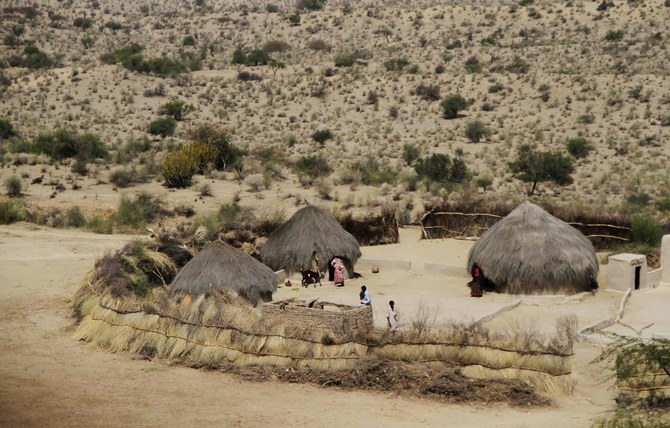KARACHI: Pakistan’s southern Sindh province is looking to the Middle East for investors to help set up a desert safari on the model of Dubai’s popular desert tour, the provincial tourism minister said on Sunday.
Sindh is home to the Pakistani part of the Thar desert, also known as the Great Indian Desert, which is the 17th largest in the world.
In January this year, the government announced it was exploring options for tourism investment projects with Saudi Arabia.
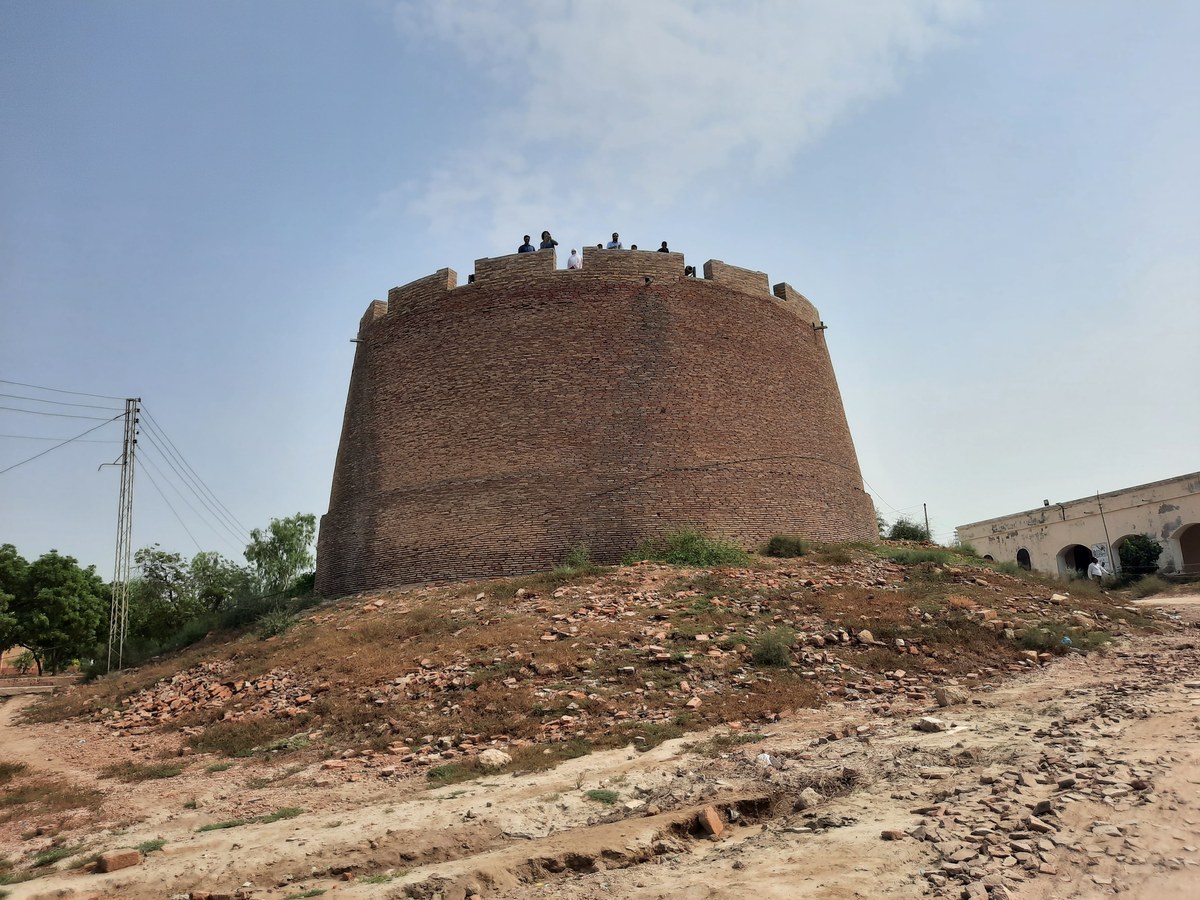
The Umerkot Fort in Sindh, Pakistan, on October 18, 2020. (AN photo by Khurshid Ahmed)
“I invite Arab investors to invest in Sindh as we share common sites like deserts where car rallies, camel riding and also desert safari can be done,” Syed Sardar Ali Shah, Sindh’s Minister for Culture and Tourism, told Arab News in an interview last week. “We would provide them support and facilitate them.”
The dusty Sindh province, which borders India to the east, boasts a number of important cultural, religious and historical sites that draw tourists.
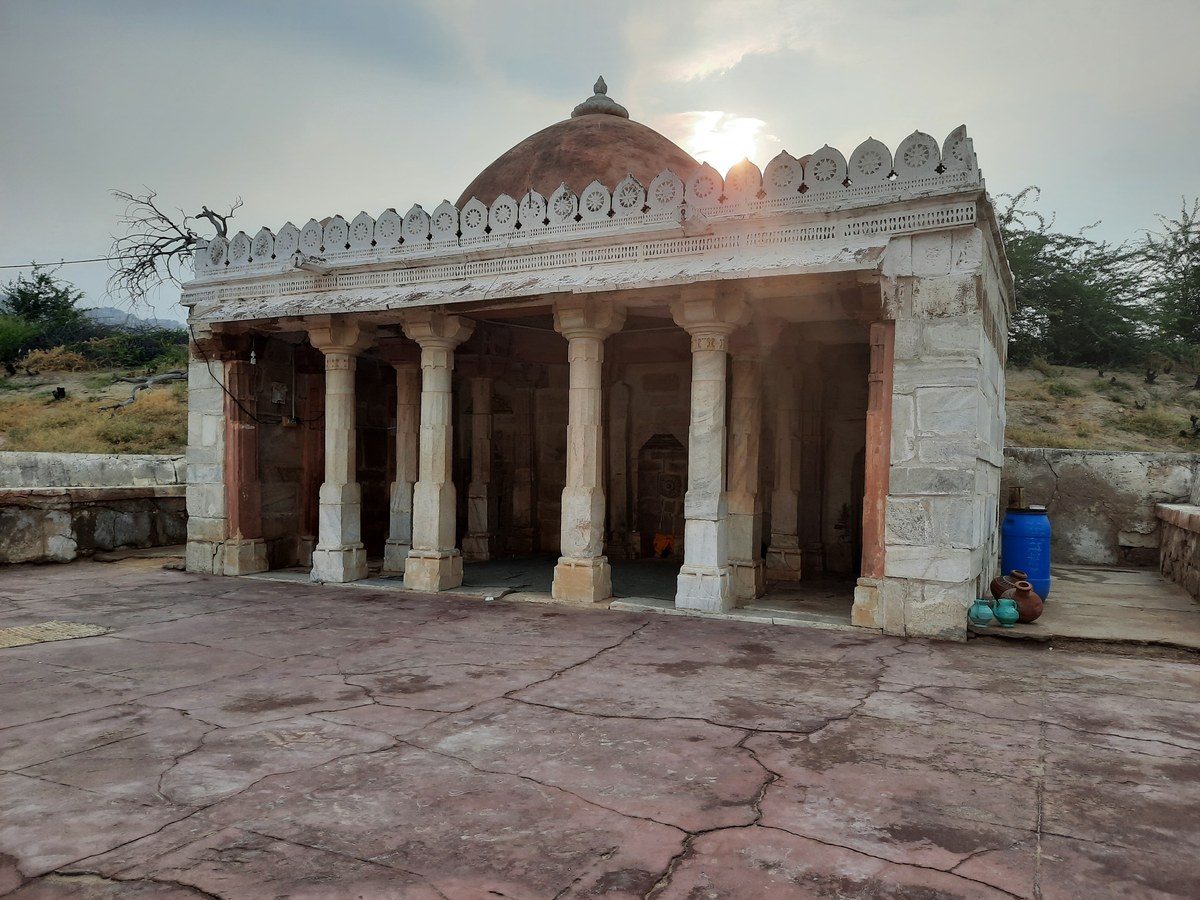
The Bhodisar Mosque in Sindh, Pakistan, on October 18, 2020. (AN photo by Khurshid Ahmed)
“Sindh has vast domestic tourism opportunities right from Karachi to the desert region of Tharparkar,” Mujahid Shah, an academic, said. “Every sort of tourism destination, from religious sites, shrines of sufi saints, to mountains and lakes exist and offer major attractions to visitors.”

The archaeological Museum Umerkot in Sindh, Pakistan, on October 18, 2020. (AN photo by Khurshid Ahmed)
But the most convincing case for the development of tourism in the province lies in the foothills of Tharparkar district’s Karoonjhar Mountains.
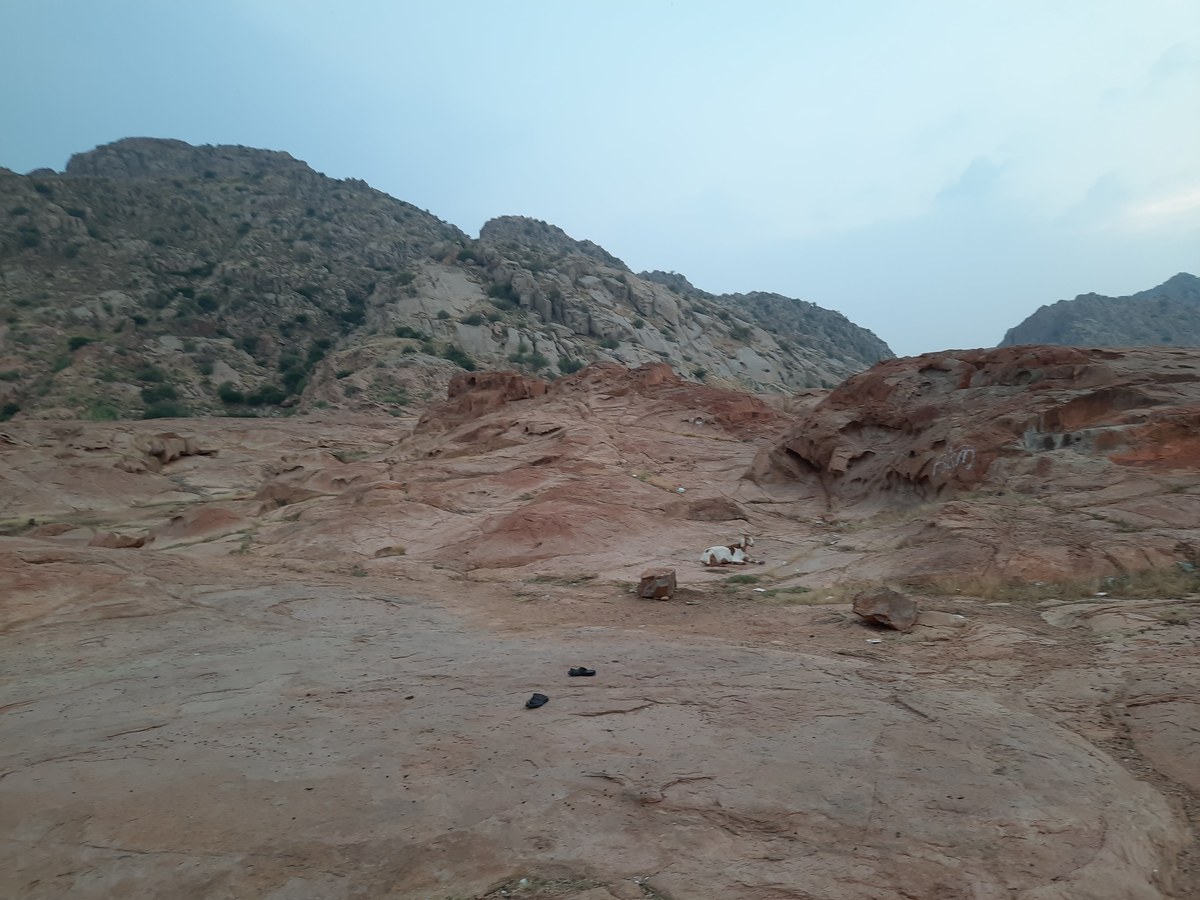
Tharparkar district’s Karoonjhar Mountains in Sindh, Pakistan, photographed on October 18, 2020. (AN photo by Khurshid Ahmed)
Spread over an area of 30 km, the mountains are well known for their enormous deposits of high-quality granite. The government already plans to declare part of the mountainous area a heritage site.
Roughly 35,000 ‘vehicles’ enter the area every monsoon season, Shah said, as temperatures fall in the otherwise arid, hot region. Tourism season peaks between November and March.
The town of Nagarparkar, most famous for its Jain temples, the historic Churrio Jabal Durga Mata Hindu temple, and the Bhodisar Mosque, draws thousands of tourists each year to the base of the Karoonjhar Mountains.
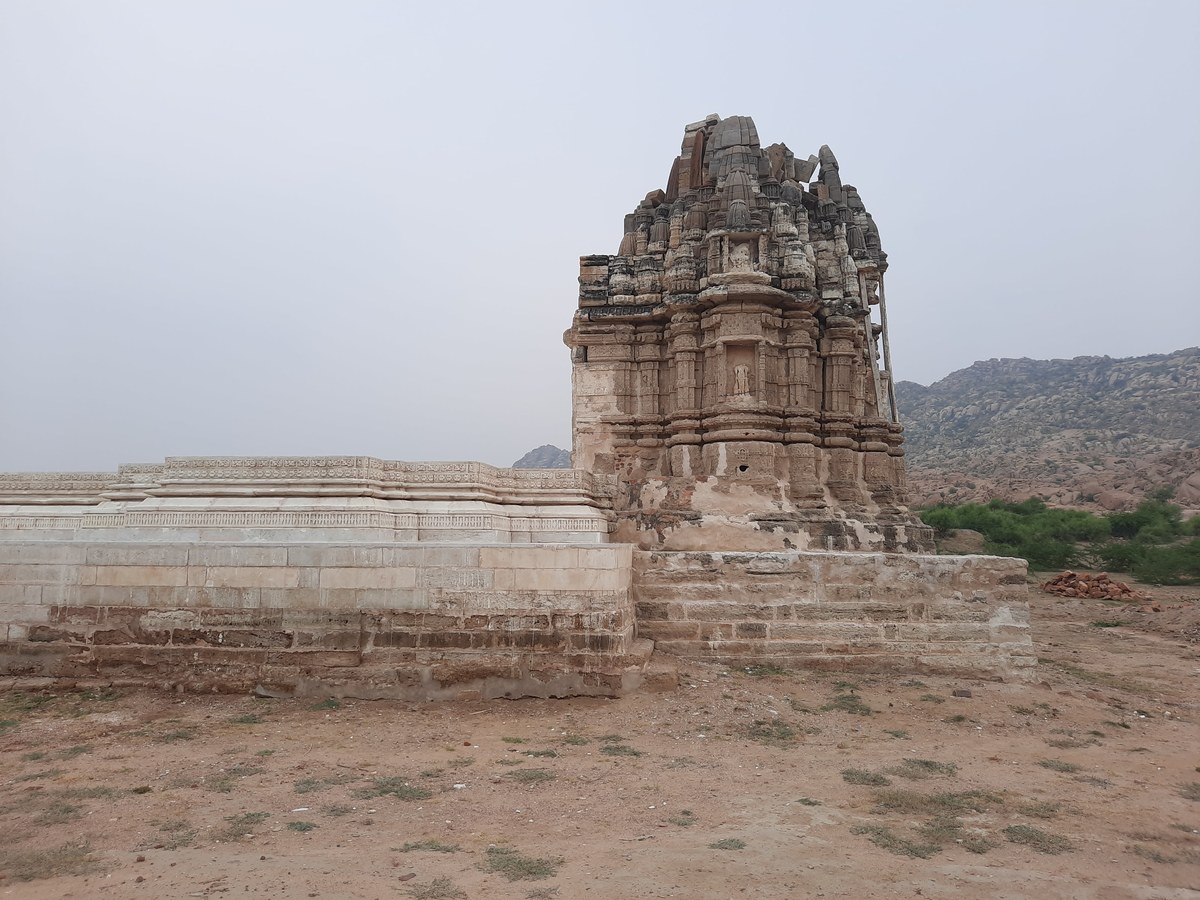
A Jain Temple on the foot of the Karoonjhar Mountains in Sindh, Pakistan, on October 18, 2020. (AN photo by Khurshid Ahmed)
The Sindh tourism minister said in recent years the provincial government had launched several initiatives to boost cultural and religious tourism in the area, including restoring historical sites and building facilities like accommodations and public toilets.
“In the last four years we have established 14 new resorts ... and are now going for extension work for increasing accommodation,” Shah said.
But locals said the tourism department’s resorts were much too expensive for the common man.
Abdul Ghani Bajir, a local journalist, told Arab News: “The rent for a room at Rooplo Kohli Resort in Nagarparkar is Rs. 8000 ($50) for a single night.”


